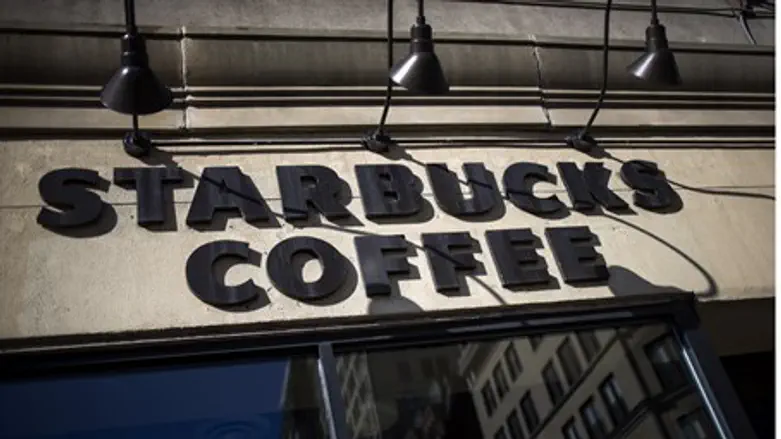
The global coffee company Starbucks released a statement this week to clarify apparent misconceptions about the company's patronage of Israel, Huffington Post reports.
In a fact sheet updated August 5, Starbucks notes it does not support any political or religious causes, adding that neither Starbucks nor its CEO, Howard Schultz, provides any financial support to the Israeli government or Israeli military.
"Rumors that Starbucks or Howard provides financial support to the Israeli government and/or the Israeli Army are unequivocally false. Starbucks is a publicly held company and as such, is required to disclose any corporate giving each year through a proxy statement," the statement reads, according to Huffington Post.
In Q-and-A format, the statement answers queries about Starbucks' presence in the Middle East.
One questions asks if it is true that Starbucks has ever sent any of its profits to the Israeli government or military. "No. This is absolutely untrue," the company responds.
As far as why the company closed its Israel locations, the statement answers, "We decided to dissolve our partnership in Israel in 2003 due to the on-going operational challenges that we experienced in that market. After many months of discussion with our partner we came to this amicable decision. While this was a difficult decision for both companies, we believe it remains the right decision for our businesses."
While unstated, the political backdrop for the defensive nature of the statement could lie in the Boycott, Divestment and Sanctions (BDS) movement, which advocates for boycotting Israeli products and companies that give money to Israel.
Over the past several years, the movement has grown, even while it was criticized by people on all sides of the political spectrum.
Most recently, Britain's largest trade union voted to boycott Israeli companies in a unanimous vote. Last week, Tesco, the UK’s largest supermarket chain, announced it will no longer sell products originating from Judea and Samaria starting this September.
Despite not currently having any locations in Israel, Starbucks operates in most other countries in the Middle East, including Morocco, Qatar, Saudi Arabia, Lebanon, Jordan and the United Arab Emirates.
Ironically enough, in 2009 an Egyptian Muslim cleric called on the Muslim and Arab world to boycott Starbucks, claiming the female character depicted in the company’s logo is actually Queen Esther, the heroine in the story of Purim.
(Arutz Sheva’s North American desk is keeping you updated until the start of Shabbat in New York. The time posted automatically on all Arutz Sheva articles, however, is Israeli time.)